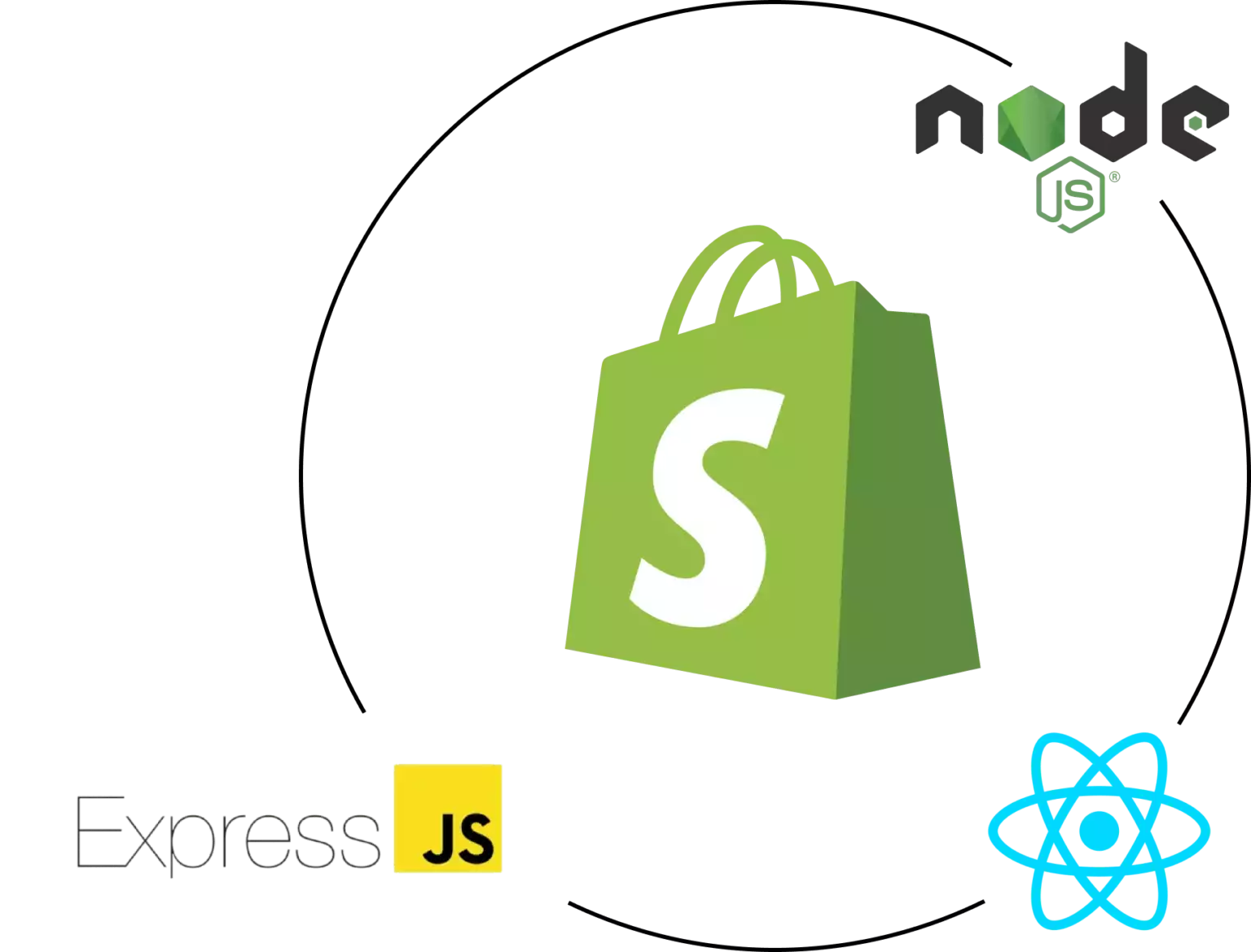Introduction
In today’s cutthroat e-commerce landscape, differentiating is paramount, and a top method to set apart a Shopify store is through custom app development. A robust Shopify app can boost store capabilities, streamline operations, and boost customer interaction. This guide explores key aspects of Shopify app development, covering API integration and app ecosystem to scaling strategies and promotion methods, offering a roadmap for businesses seeking unmatched store performance.
Why Shopify API Integration Matters
Shopify’s API offers robust tools to customize and extend store capabilities. With GraphQL and REST APIs, developers can access data to create apps that handle inventory management, order processing, and customer information management seamlessly. Integrating Shopify’s API can enable improved workflow automation and enables stores to assist shoppers more efficiently.
Adopting the Polaris Design System
Polaris is Shopify's set of design guidelines for creating intuitive and easy-to-use Shopify apps. By adhering to Polaris principles, developers ensure that apps integrate smoothly within the Shopify Admin interface. This provides a cohesive appearance that resonates with Shopify merchants, encouraging usability and familiarity for merchants utilizing your tailored app.
Understanding the Shopify App Ecosystem
The Shopify app ecosystem provides numerous opportunities for enhancing online stores. From handling order fulfillment to boosting customer engagement, apps in this environment are designed to meet diverse business needs. Learning about this system helps developers in identifying unique app ideas and enables seamless integration of third-party services that add value to the store.
Developing Embedded Shopify Apps
Embedded apps integrate directly within the Shopify Admin, allowing a seamless experience for merchants. They ensure that merchants don’t have to leave their Shopify control panel, streamlining their workflow. Employing Shopify App Bridge and embedded app features is recommended for offering a cohesive, well-integrated user experience.
Leveraging Node.js and React for Shopify Development
Node.js and React have emerged as ideal tools for Shopify app creation. This server-side framework enables high-performance server-side applications, while React allows for interactive and adaptive front-end user interfaces. Combined, they offer an strong platform for building fast, growth-ready Shopify apps that enhance store functionality and customer interaction.
Utilizing Webhooks in Shopify Development
Webhooks allow real-time data updates between Shopify and an external app. They initiate events such as order creation or stock changes and send instant alerts to your app. By utilizing webhooks, apps can deliver real-time information to store owners, simplifying processes and increasing efficiency.
Customer Engagement and Digital Marketing for Shopify Apps
To make a Shopify app successful, connecting with users is crucial. Using digital marketing strategies like SEO, email marketing, and social outreach can increase app usage. Additionally, creating applications with customer interaction as a focus (e.g., loyalty programs or personalized recommendations) boosts user retention and loyalty.
Scaling Your Shopify App
As e-commerce businesses grow, so do their technological needs. Ensuring that your app can manage increased traffic, larger databases, and more advanced functionalities is critical. By optimizing server capacity and implementing scalable technologies, you can develop apps that expand in tandem with a store’s growth.
Important Features and Maintenance Tips for Shopify Apps
For an app to be useful, it should offer key capabilities like user login, analytics dashboard, and customer support options. Regular app upkeep, including updates to fix bugs and ensuring compatibility with new Shopify functionalities, is important to maintain uninterrupted performance and prevent disruptions to merchant workflows.
Summary
Custom Shopify app development holds vast potential for e-commerce Node.js for Shopify stores, providing the chance to enhance store functionality, streamline processes, and build customer relationships. From integrating APIs to focusing on scalability and customer interaction, creating a Shopify app involves thoughtful preparation and strategic execution. If you’re ready to unlock your store’s full Shopify development process potential, a tailored Shopify application may be the ideal choice. What features do you envision for your dream application? Share your ideas and begin the journey to an enhanced e-commerce journey!
